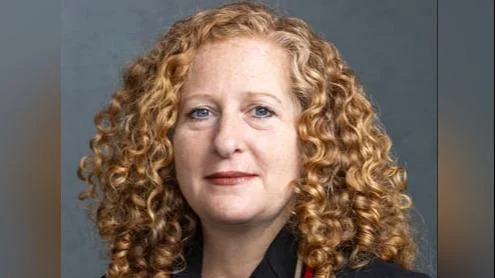Jennifer Mnookin Chancellor | Official website
Jennifer Mnookin Chancellor | Official website
The National Institutes of Health (NIH) has announced a significant reduction in funding for research universities, including the University of Wisconsin-Madison (UW–Madison). The change affects how funding is allocated for indirect costs associated with grant-funded scientific and medical research. This decision has prompted legal action from 22 states, including Wisconsin, challenging the NIH's directive.
A temporary restraining order has been granted to block the implementation of a 15% cap on indirect cost recovery rates. A hearing is scheduled for February 21 to address this issue further.
In response to these developments, UW–Madison leadership issued a statement emphasizing the importance of federal funding in supporting critical research initiatives. "For decades, the federal government and research universities have had a deep and extremely successful partnership to produce important research for the good of the nation," reads part of their message.
The proposed NIH changes would reduce indirect cost recovery rates from current levels, which range from 26% to 55.5% at UW–Madison, depending on specific project details. This adjustment could significantly impact the university's ability to conduct vital research activities and maintain necessary infrastructure.
The leadership highlighted that such cuts could delay or prevent lifesaving discoveries and negatively affect training future scientists and healthcare professionals. They stated that "it will harm our ability to conduct our vital research activity and to afford the necessary equipment and facilities."
Legal action against this directive includes a lawsuit filed by state attorneys general in Massachusetts federal district court. The lawsuit seeks to prevent the NIH's directive from taking effect while it is challenged legally. "We are hopeful that this challenge...will be successful," stated UW–Madison leaders.
As these legal proceedings unfold, updates will be available on UW–Madison's Federal Relations website. The university community remains committed to preserving its missions of research, teaching, and public service amid these challenges.






 Alerts Sign-up
Alerts Sign-up